Working to Save Desert Plants and Habitats since 1939
Since 1939, Desert Botanical Garden has served as a global leader in the research and conservation of desert plants and their habitats. Today, Research & Conservation staff at the Garden collaborates with academic, research and conservation groups in countries spanning five continents. This work is leading to the discoveries of new plant species, conservation of threatened and endangered species and identifying emerging threats such as climate change, illegal plant poaching and invasive species to the desert habitats throughout the world.
SCIENTISTS AT WORK
Hazel Hare Center for Plant Science
The 85,000-square-foot Center is where Garden staff, researchers and volunteers are at work growing, studying and taking care of a world-class collection of desert plants. Many of these species are rare and endangered.
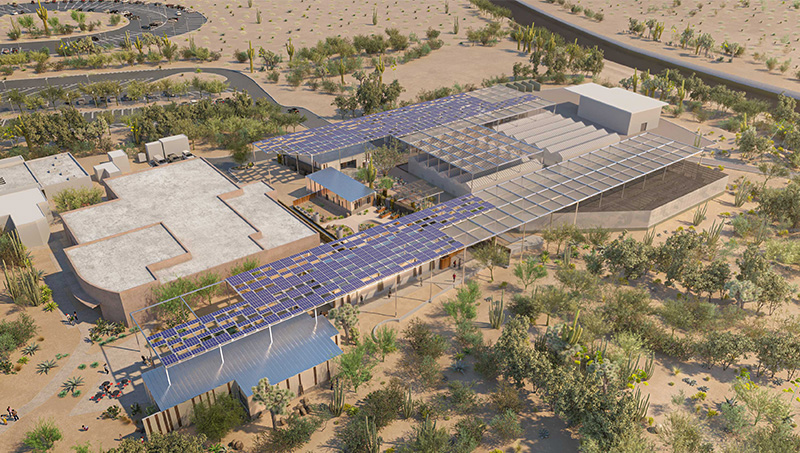
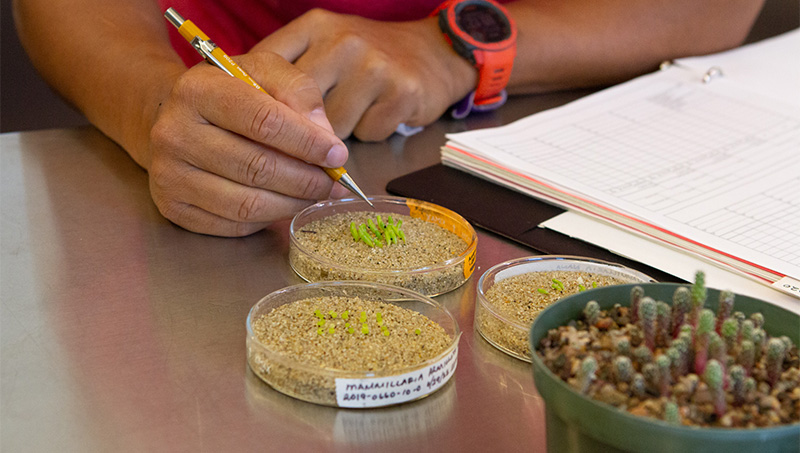
Seed Bank and Seed Photography Laboratory
The Herbarium
Desert Botanical Garden Herbarium (DES) is the largest herbarium in Arizona that is supported by a nonprofit institution and is the fourth largest herbarium in Arizona. It holds 100,000 accessions in the collection. The accession of the initial core collections for DES was started in the 50s and in 1972 it was designated as a National Resource Collection.
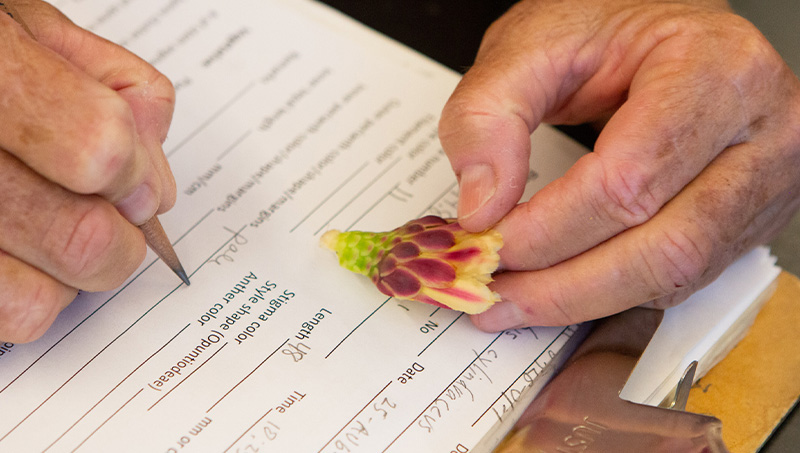
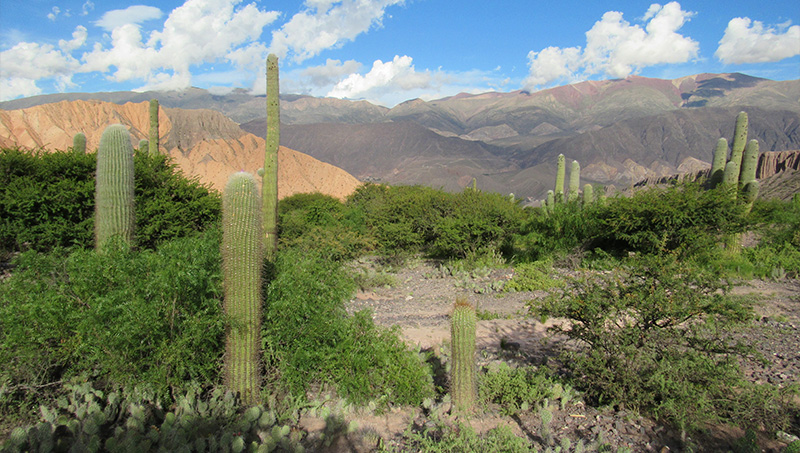
The Dryland Plant Ecophysiology Lab
Laboratory of Evolutionary and Conservation Genetics
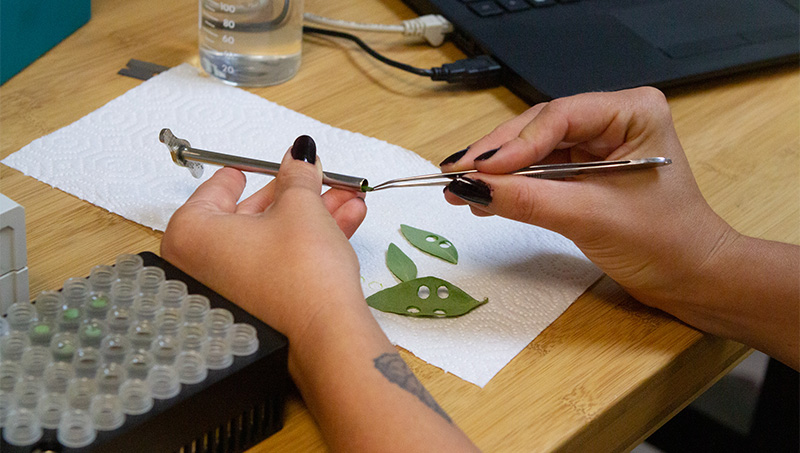
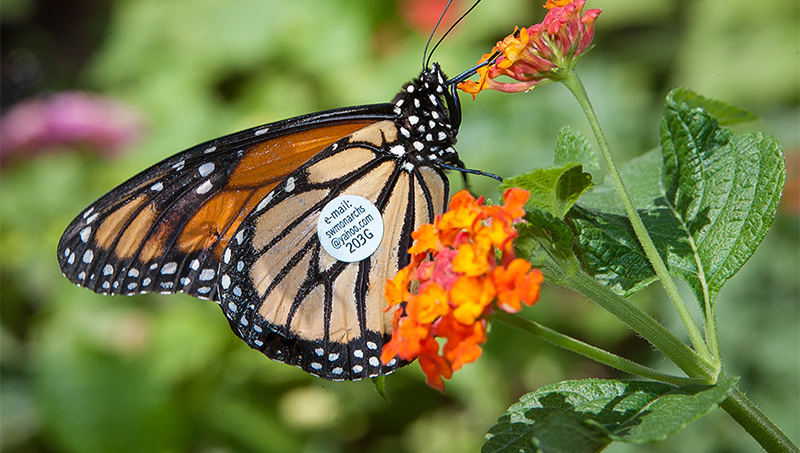
POLLINATOR CONSERVATION RESEARCH PROGRAM
The Garden is researching the way plants support our pollinators and other beneficial insects. Insects, especially pollinators and butterflies, are undergoing drastic declines. They depend on plants for nectar, pollen or as a host for herbivorous caterpillars. In order to conserve butterflies, we need to support the plants that give them life and better understand these relationships.
Saguaro Census
The Garden is launching the 4th Annual Saguaro Census to document more saguaros throughout the Phoenix metro area using the iNaturalist app. We have learned a lot about saguaros in the Valley and new challenges have emerged.
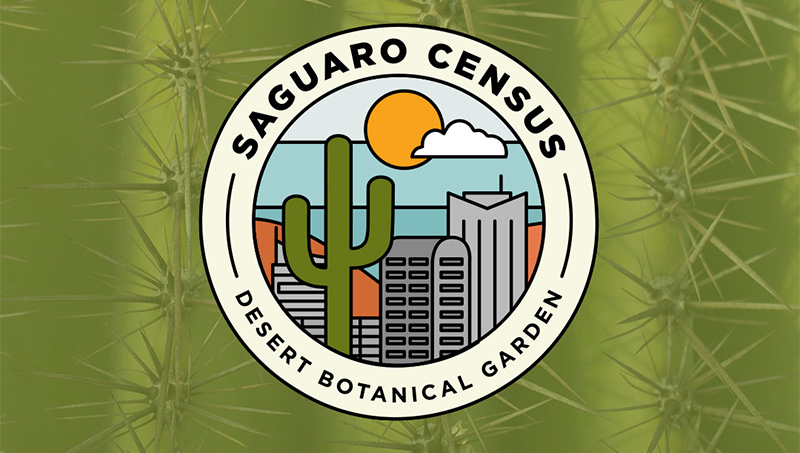
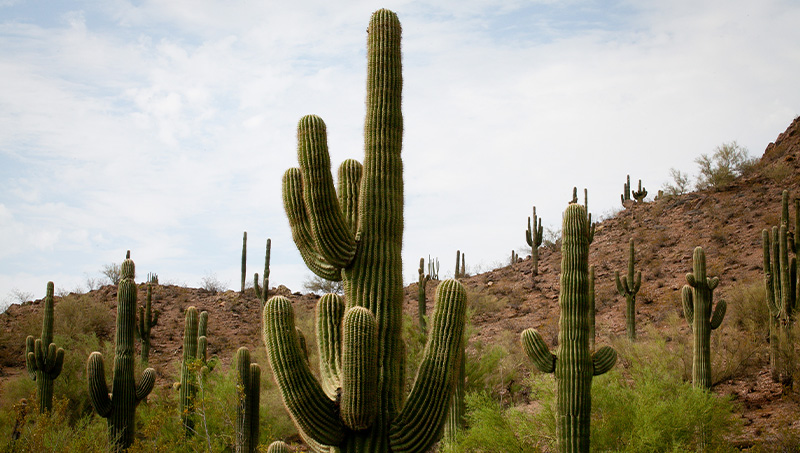
Saguaro Initiatives
The summer heat in Arizona has intensified in recent years. With temperatures frequently surpassing 100 degrees for several consecutive days. These harsh conditions affect all desert inhabitants, including plants.
The Garden is a proud member and partner of national and international organizations dedicated to research and conservation of life on our planet.






